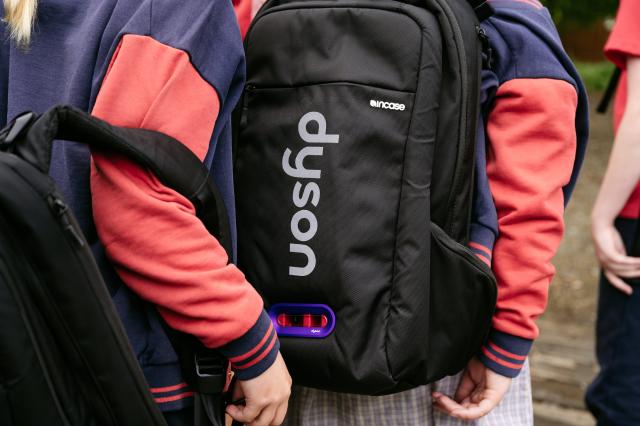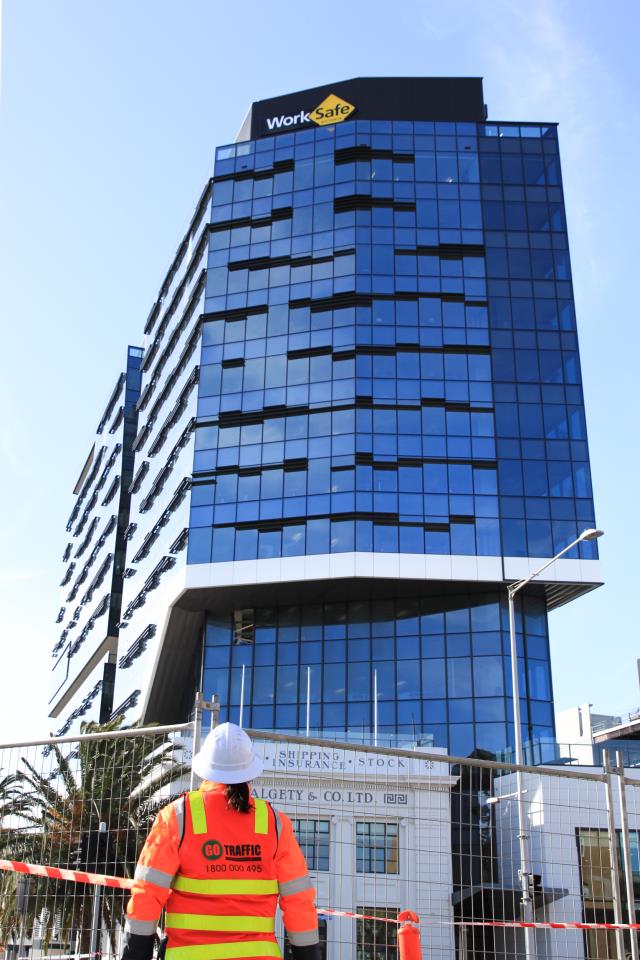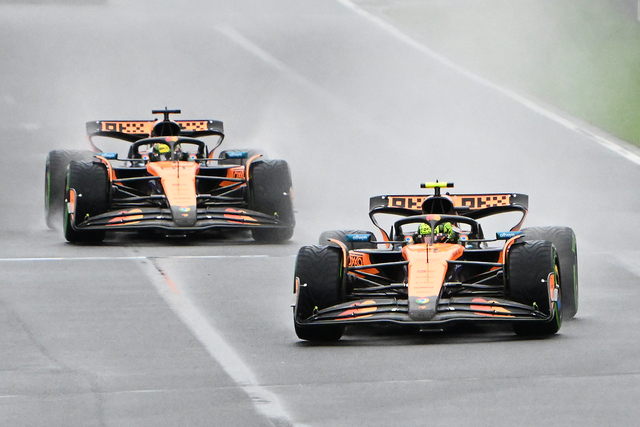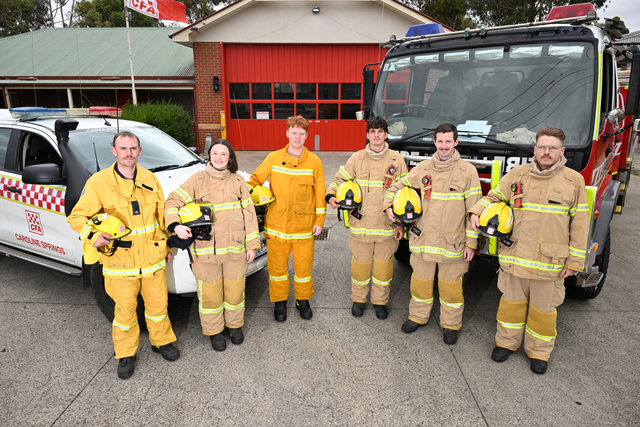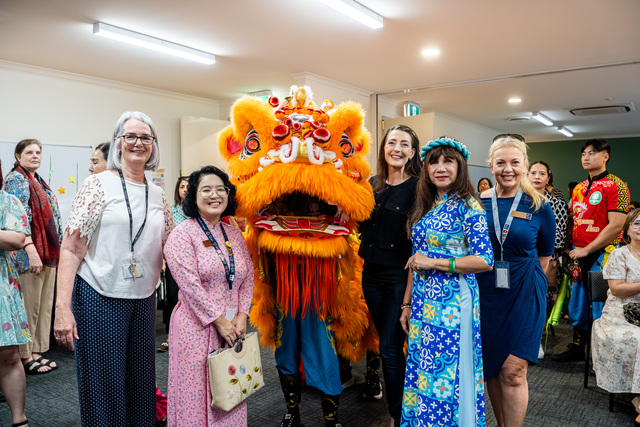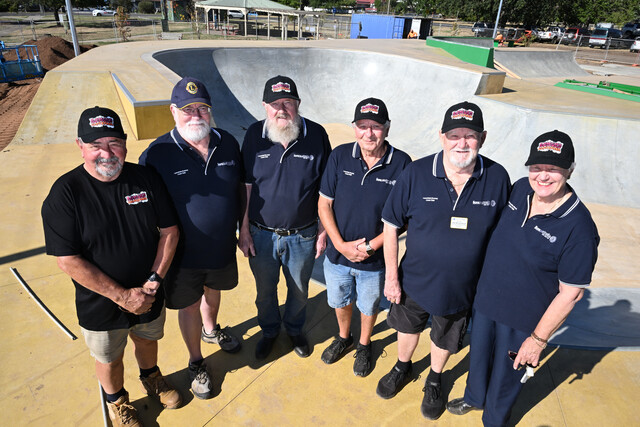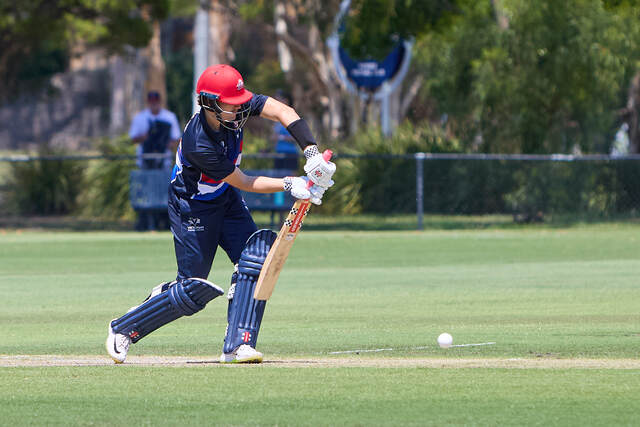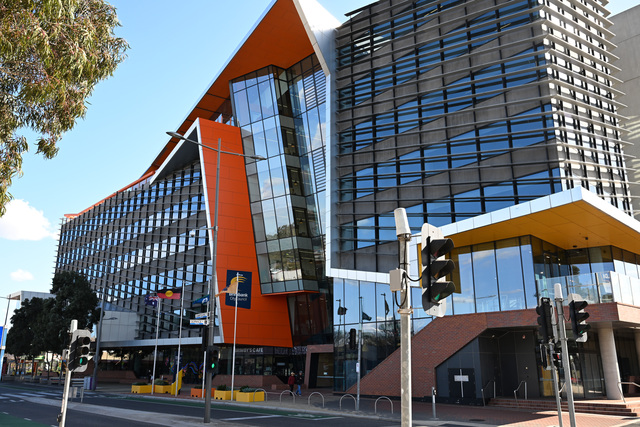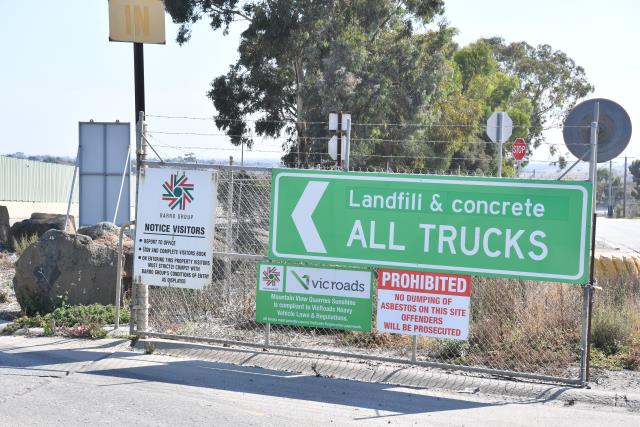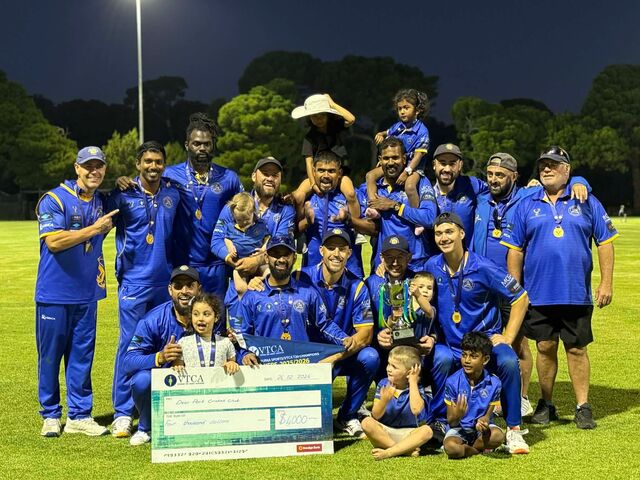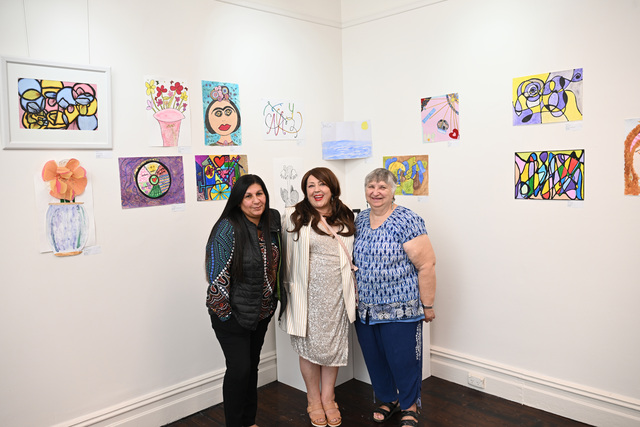Pollution sensing backpacks to help kids breathe easier
Hundreds of Melbourne children will set off on their school commutes wearing specially designed backpacks to monitor air pollution in the city’s asthma-prone inner west.
The “Breathe Melbourne” study, enlisting more than 300 students and a dozen teachers from six schools, is an attempt to shed light on pollution in the area and help policy makers better tackle the issue.
Deakin University researchers are homing in on the inner west as a focal point for the project given it has higher levels of air pollution than other areas of the city.
That’s thanks to its industrial past, high volume of diesel-fuelled vehicles, and proximity to the Port of Melbourne.
It also has higher rates of children showing up to emergency departments for asthma compared with other areas.
“Melbourne’s inner west is a hotspot for active asthma in children, with a higher prevalence of asthma admissions and presentation than most other areas of Australia ,” Royal Melbourne Hospital director of respiratory and sleep medicine Lou Irving said.
“The Breathe Melbourne Study is very important because it focuses on a group of children who we know are already at risk because of poor air quality, and it’s aimed at helping to reduce the risk, as well as aiding the management of asthma symptoms.”
Deakin University has partnered with the Andrews government and appliance giant Dyson for the study, with the students to be equipped with Dyson air quality backpacks over a four-day Monday to Thursday period at a time of their choosing in the coming months.
The backpacks serve as a portable air sensor, measuring fine particles, nitrogen dioxide pumped out by car exhausts, cigarette smoke, sulphur dioxide produced by heavy industry, organic compounds, and carbon dioxide.
The results will be sent back for analysis to Deakin researchers, who will ultimately talk students through how the quality of the air they breathe could be improved.
The project aims to empower children as air quality scientists, lead researcher Kate Lycett said.
“As our future leaders, they will be faced with many complex problems including air pollution and its effects,” she said.
“We hope the project will nurture children’s scientific curiosity, improve our understanding of air pollution, and ultimately lead to behaviour and government policy changes to reduce exposure to air pollution in Melbourne’s inner west.”
The students and teachers involved in the project are from Ardeer, Deer Park North, Kingsville, Newport Lakes, Spotswood and Wembley primary schools.
The study will add to the Environment Protection Authority’s existing air quality monitoring to drive insights, health advice and decision making, chief environmental scientist Mark Patrick Taylor said.
The backpacks were originally developed by Dyson for a similar project in the UK, which resulted in more than 30 per cent of a group of children deciding to change the way they co mmuted to reduce their exposure to air pollution.
The findings of the Breathe Melbourne study are set to be published later this year.

